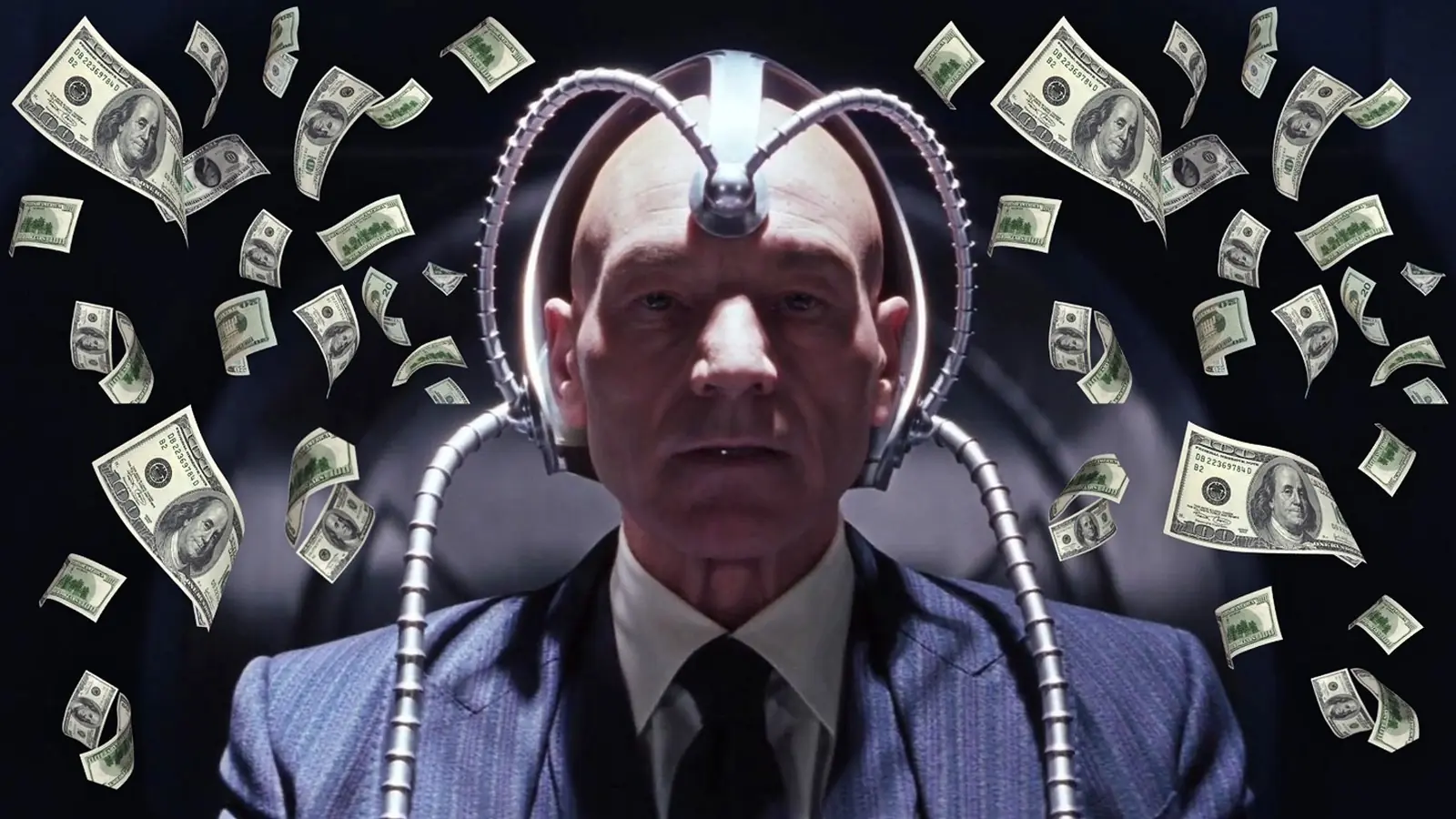Two and a half decades ago, Marvel’s trajectory in the film industry was significantly altered with the release of a game-changing movie: X-Men. As we commemorate its 25th anniversary, it’s essential to reflect on how this Marvel Comics adaptation not only captured box office success but also catalyzed the superhero movie frenzy that continues to dominate the cinematic landscape today.
In the late 1990s, superhero films were far from the juggernaut they are today. The genre seemed frail, bogged down by a series of underwhelming endeavors that failed to generate substantial interest or revenue. The release of X-Men on July 14, 2000, marked a pivotal shift. Directed by Bryan Singer, this film not only crafted a compelling narrative but also showcased an ensemble cast including Ian McKellen as Magneto, Patrick Stewart as Professor X, and Hugh Jackman in his career-defining role as Wolverine.
At a glance, X-Men had all the ingredients for a risk-laden venture. However, its blend of action, character depth, and underlying themes of discrimination and acceptance resonated with audiences globally. With iconic performances and a script that honored its comic book roots while appealing to a broader audience, the film managed to transcend the expectations for the superhero genre at the time.
The film’s budget was approximately $75 million, and it generated more than $296 million worldwide, a testament to its unexpected yet monumental appeal. This substantial return opened the floodgates for Marvel, proving that comic book characters could indeed draw substantial crowds at the cinema and reinvigorate a genre that was, until then, seen as risky.
Before X-Men, Marvel’s attempts to break into Hollywood were limited. Previous films either struggled or faded into obscurity, like the 1990 release of Captain America or 1989’s The Punisher. X-Men‘s success, however, marked a critical turning point that laid the groundwork for a transformation in Hollywood’s approach to comic book adaptations.
The movie’s profound impact reverberated far beyond its financial gains. It was the harbinger for a new era, one where the superhero film would take its place at the center of pop culture. Its achievements were soon followed by Sam Raimi’s Spider-Man in 2002, which further cemented the viability and profitability of superhero movies, leading to the emergence of a full-fledged genre revolution.
The strategic significance of X-Men cannot be overstated. It demonstrated the potential of Marvel’s rich catalog, unlocking a broader array of storytelling opportunities that Hollywood was quick to capitalize on. Its influence is evident in the subsequent success of the Marvel Cinematic Universe (MCU), which debuted with Iron Man in 2008. The MCU has since expanded into a multibillion-dollar franchise, demonstrating the enduring appeal and potential of comic book stories when translated to the big screen.
Moreover, X-Men‘s standout cultural impact was in its treatment of social issues, providing a narrative where complex characters battled not only supervillains but also societal prejudices. This thematic depth resonated with audiences, adding layers to what might have otherwise been perceived as simple action-packed entertainment. It opened avenues for future films to explore richer, more nuanced themes, paving the way for superhero movies to be both commercially promising and critically lauded.
In the years following its release, the franchise continued to flourish with numerous sequels and spin-offs, extending the narrative and further solidifying the X-Men as cultural icons. Films such as X2: X-Men United and Logan received critical acclaim, pushing the boundaries of what superhero films could achieve in terms of storytelling and emotional depth.
As the superhero movie genre expanded, it embraced and diversified its narratives, showcasing a range of stories and characters that might not have been conceivable without the success of X-Men. Indeed, the film’s achievement signaled to studios and filmmakers alike that audiences were eager for more than just traditional action heroes; they craved complex, multi-dimensional characters with stories that reflected broader societal issues.
Even now, 25 years later, X-Men maintains an indelible legacy within the film industry. As Disney, which acquired Fox and the X-Men rights in 2019, plans their integration into the MCU, fans anticipate a reinvention while honoring the origins that reshaped the film landscape.
Understanding X-Men‘s role in the superhero boom is crucial to appreciating the current state of Hollywood cinema. The film’s legacy is more than just its box office receipts; it is a narrative of transformation, influencing both the scope and ambition of superhero storytelling across diverse media.
In showcasing that success lies in deeper, resonant storytelling, X-Men became the blueprint from which modern superhero cinema evolved. As we reminisce about the film’s impact, it’s evident that its bold foray into cinemas 25 years ago continues to influence countless facets of the entertainment industry, shaping not only current box office strategies but also the fabric of cultural narratives worldwide.






